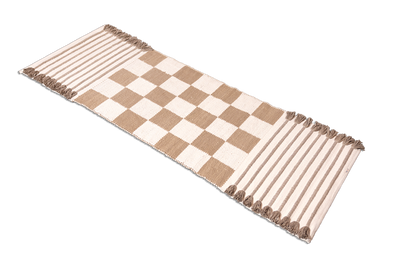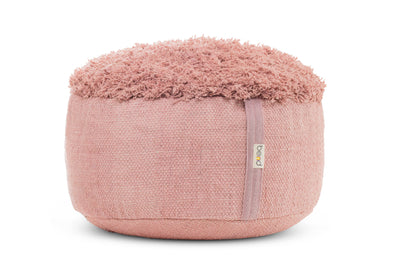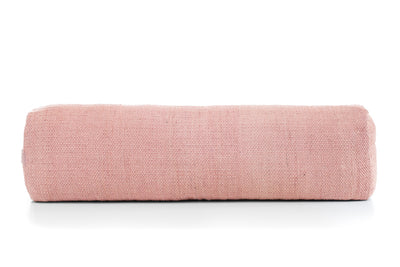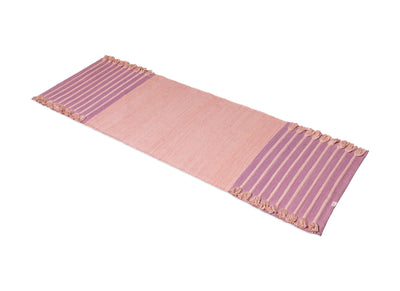Detoxify your gut with a Kitchari Cleanse
Kitchari is a traditional Ayurvedic meal that is composed of mung dal, basmati rice, and of course, the beloved ghee. This dish has been enjoyed for thousands of years by people all over the globe. It is used as a sacred cleansing ritual that prepares your mind, body, and spirit for the turning of the season. It is also tridoshic, which means that Vata, Kapha, and Pitta can all be balanced with Kitchari. It also contains all the proteins and micronutrients you need to sustain a healthy body for a long period of time while still allowing your body to detoxify. Many trendy cleanses leave you feeling depleted and exhausted whereas doing a Kitchari cleanse makes you feel nourished, purified, and held.
Typically a Kitchari cleanse lasts around 21 days. If it is your first time doing a Kitchari cleansing ritual then you can cleanse for three days and still receive the benefits. Three days of eating the same exact meal for breakfast, lunch, and dinner might sound intimidating but there are some yogis who have eaten it as their only meal for their entire lives!
Food As Medicine

Kitchari cleanses are typically done with the changing of the seasons. During this cleansing ritual, you will begin by having a warm cup of Ghee in the morning prior to eating your Kitchari. You will then have Kitchari again for lunch and a lighter portion at dinner along with CCF tea. CCF tea is a blend of Cumin, coriander, and fennel. These spices stimulate the digestive system, help the body remove ama (toxins), and increase nutrient assimilation. CCF tea is recommended to drink throughout the day to keep the agni (digestive fire) burning bright. It is pertinent that you don’t consume any other snacks, foods, or drinks during the cleanse to maintain the purification process. Kitchari is gentle on your body and it allows your intestines to release any toxins or stagnation. The ghee used in Kitchari lubricates your digestive tract to optimize your digestive fire.
Kitchari contains all the proteins and micronutrients you need to sustain a healthy body for a long period of time while still allowing your body to detoxify.
Making Kitchari
There are traditional Kitchari making kits that you can purchase online to make your cleansing effortless. They come with basmati rice, mung beans, ghee, and the traditional Kitchari spice mix. You can also lookup different variations of Kitchari to find one that you like best! We recommend preparing a bulk portion for the week and storing it in your fridge, the below recipe will make about 4 servings.
Ingredients:
- 2 tablespoons sesame oil (vata and kapha) or coconut oil (pitta)
- 1 to 2 teaspoons cumin seeds (less for pitta, more for vata/kapha)
- 2 teaspoons fennel seeds
- 1 teaspoon mustard seeds
- 2 teaspoons ground coriander
- ½- to 1-inch piece fresh ginger, grated (less for pitta, more for vata/kapha)
- 1 teaspoon turmeric powder
- ¼ teaspoon asafetida (optional)
- 4 cups water
- 1 cup basmati rice, soaked overnight, rinsed and drained
- 1 cup split yellow mung beans (dal), soaked overnight, rinsed, and drained
- 1 teaspoon chopped fresh cilantro, to serve
- juice of 1 lime, to serve
- flax meal, to serve
- ½ teaspoon sea salt
For vata, add:
- ½ cup diced sweet potato
- 1 cup chopped mustard greens
For pitta, add:
- ½ cup chopped kale
- ½ cup diced butternut squash
- 2 tablespoons coconut cream
For kapha, add:
- ½ cup cauliflower florets
- 1 cup chopped dandelion greens
Method
- Heat oil over medium heat. Add cumin, fennel, and mustard seeds and cook for 3 minutes or until the mustard seeds begin to pop. Add the coriander, ginger, turmeric, and asafetida (if using). Stir to combine.
- Stir in the water, rice, mung beans, and vegetables for your dosha. Bring the mixture to a boil, then reduce the heat and simmer, stirring occasionally, until rice and mung beans are cooked and vegetables are soft, about 40 minutes.
- Serve warm, topped with fresh cilantro and lime juice. Kitchari can be refrigerated in an airtight container for up to 4 days.
- To make in a pressure cooker: After sautéing spices, combine rice, mung beans, and vegetables in a multipurpose pressure cooker and press high-pressure cook. Allow to cook for 15 minutes and release pressure.
Rest & Digest
Kitchari cleanses give your internal organs an opportunity to rest. During this time it’s important to also rest your mind and body to allow a full reset. The best practices for cleansing are yin yoga and meditation. We suggest doing a breathwork meditation on the Bennd Meditation Pillow prior to your yin practice. We love using the Single Harda Ayurvedic Yoga Mat during cleanses because Harda is a digestive herb that also aids in the lowering of blood sugars and inflammation. During any kind of cleanse it is most important to listen to your body, be gentle with yourself and allow space for rest and healing.















